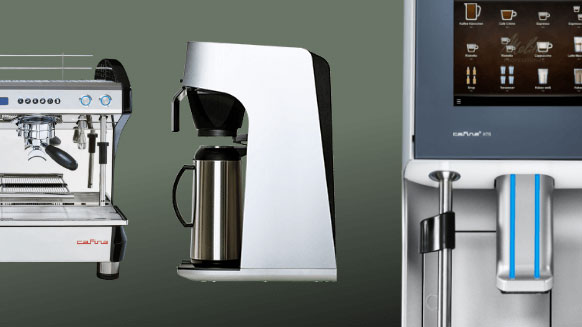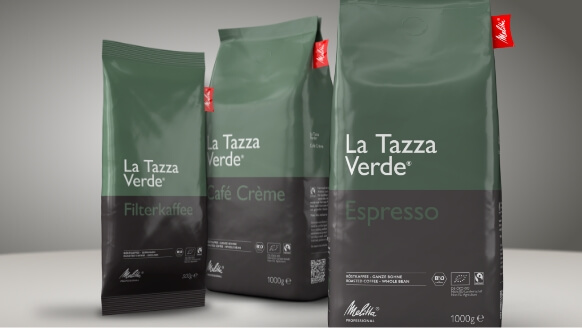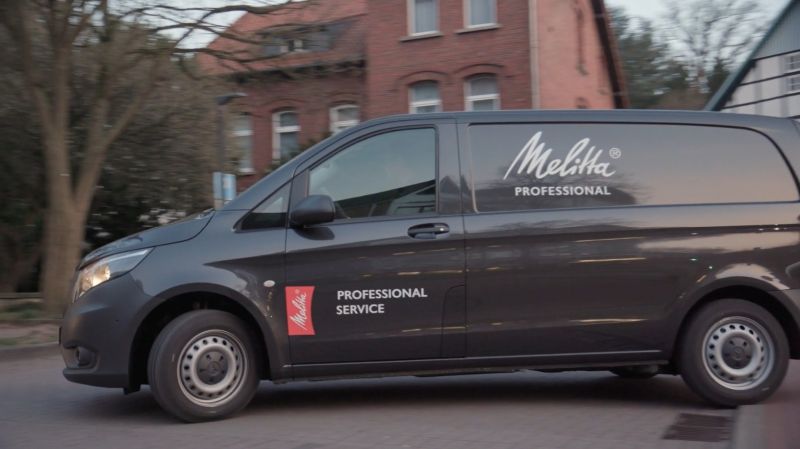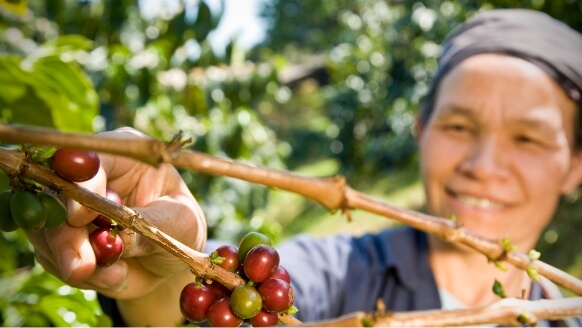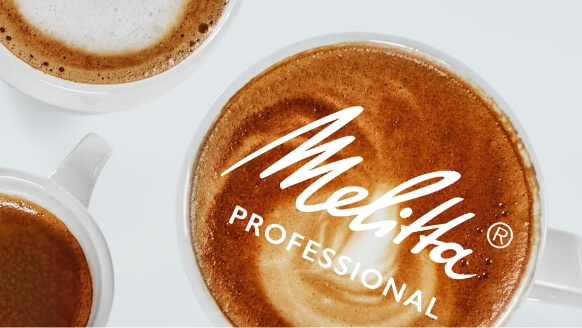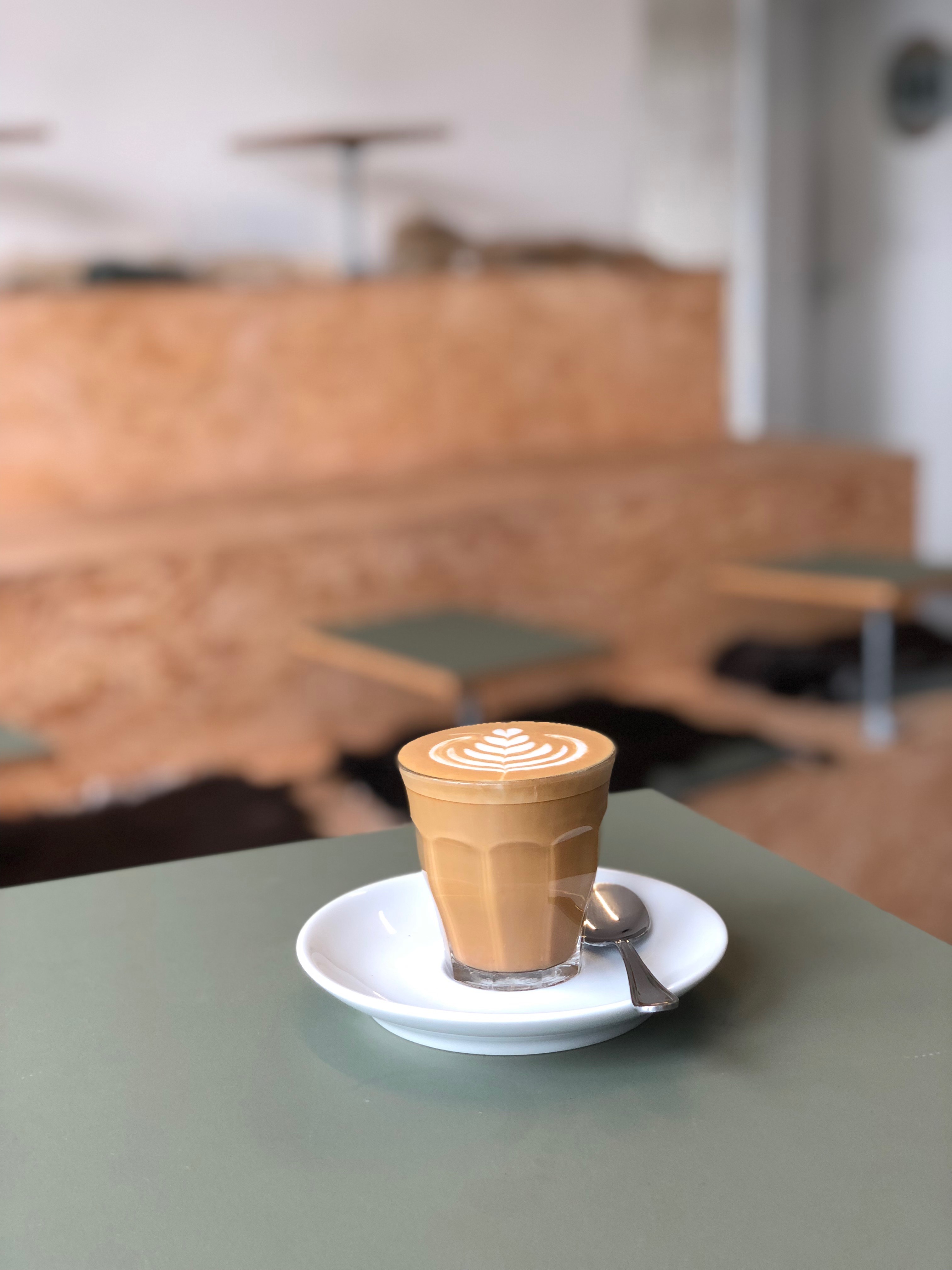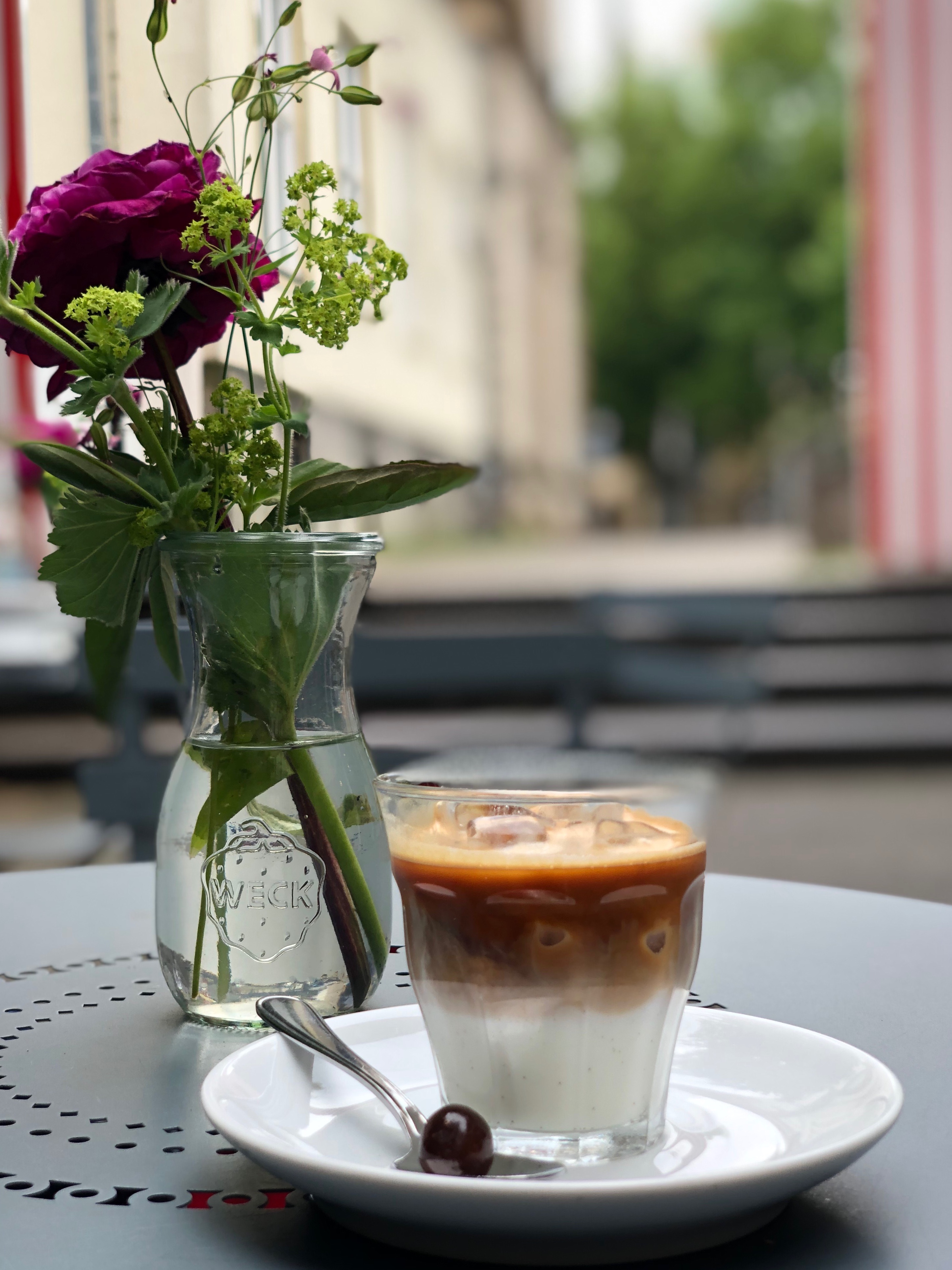These were the trends in Tyrol
Innsbruck. Coffee professionals, up-and-coming competition baristi from Germany, Austria and Switzerland, as well as representatives of the food service sector in the Alpine region all gathered at the Fafga Alpine Superior (trade show for catering, hotel and design) in Innsbruck, Austria, from September 16 to 18, 2019. For the 11th time, Goran Huber hosted the International Tyrolean Barista Championships in the disciplines Barista, Latte Art, Filter Coffee Challenge & Café Owner of the Year.
Swiss ahead with Harry Potter motifs
In the Latte Art discipline, in which current and former champions of Germany, Austria and Switzerland were also competing, the Swiss ultimately triumphed as Dario Pieber from Zurich came top with his impressive motifs from the world of Harry Potter. The sharp contrasts of the images and the precisely applied “slow pour” technique were accompanied by the corresponding music – resulting in a winning presentation.
The Italian Andrea Trevisan, who lives in Austria, won the Barista competition with a naturally prepared espresso from Burundi, which conjured up notes of cherries and dried plums.
Martin Wölfl from Vienna won the Filter Coffee Challenge – also with a naturally prepared coffee, this time from Brazil.
Café Owner of the Year
A further category created by Goran Huber is the unique Café Owner of the Year competition. In this real-life scenario, young café owners have to serve two guests. Their customer service, beverage quality and expertise are all evaluated. The reigning Austrian Latte Art Champion Tamara Nadolph won this event.
Sustainability and automation were the main trends at this year’s trade show. Many of the participants used naturally prepared coffees (so-called “naturals”), which require virtually no water to produce. For many years, these coffees did not enjoy a particularly good reputation as they can easily show defects and dirty cups if not processed accurately. Progressive coffee producers, such as Ismael Andrade, are experimenting with new processing methods to develop sustainable methods and discover new taste profiles. As a result, there are now an increasing number of very carefully prepared naturals, with extremely complex and clean tastes which are enriching coffee’s aroma spectrum with numerous new fruity notes (e.g. pink guava).
More time for the guest
Looking around the coffee area of the exhibition, it was noticeable that baristas are increasingly being deprived of their typical (and beloved) hand movements. For example, there are automatic tampers to compress the coffee in the portafilter, grinders that automatically weigh the ground coffee, semi-automatic machines with straight-in portafilters, and automatic milk frothers that froth the milk in accurate portions and with exactly the desired foam consistency. This means that the barista “merely” has to set the correct grind for the grinder, taste the espresso, and pour the frothed milk into the cup. Where’s the skill in that? – some may ask. Don't worry, it’s not completely disappeared. Every barista still has to understand the underlying processes involved in preparing an espresso and frothing milk. However, they no longer have to repeat the same movements for hours on end like a robot, but are now supported by machines – some of which work more precisely than humans. This has the advantage that baristi get fewer repetitive strain injuries and can concentrate instead on the essentials – namely the sensory aspects, i.e. the exact adjustment of the grinder for precise espresso preparation, and the guest, for whom they now have more time to explain the coffee in detail and create a pleasant experience. We will certainly see more of this in the future.
